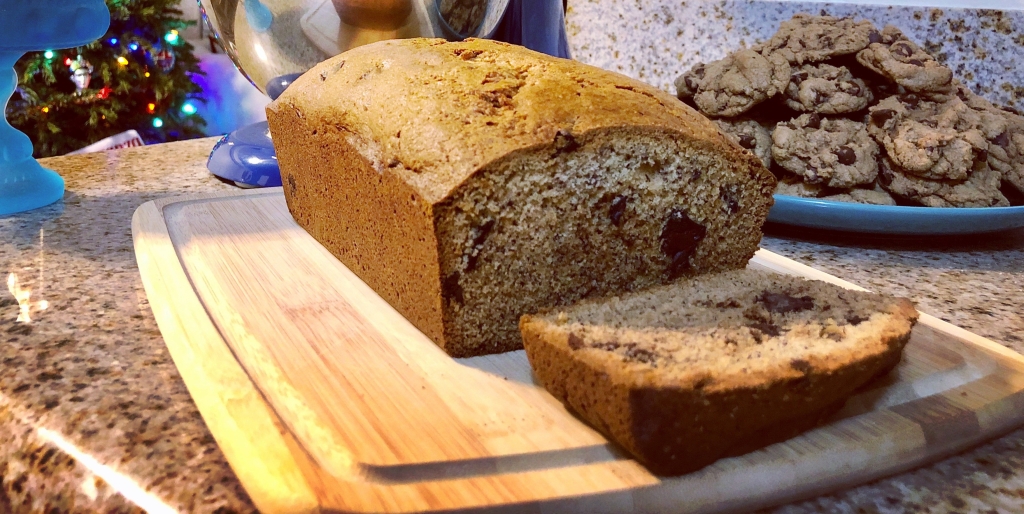Tag: LGBTQ
-
Grief on the Margins of UMC General Conference

Amidst the concentric circles that sat within The Dome in St. Louis this week, it was the outer ring that leaves my heart hurting most as I walk away. We gathered for this Special Session of General Conference to discuss human sexuality and bring to a conclusion the battle that had raged in the church…
-
We don’t live on crumbs anymore.

Crumbs. Gathering them used to be the first task of sacred ritual with my mother. I would sweep them into a pile, and off the edge of the table into my cupped hand, while my mother put the teapot on to boil. Brushing them off my fingers into the sink, the dance continued as she…
-
Silence

Silence. That is what lay between my aunt and I for years after I answered the call to ministry. I knew that it was because the idea had been planted in her mind that I condemned her, because she was a lesbian and I was a pastor in the United Methodist Church. The distance hurt…